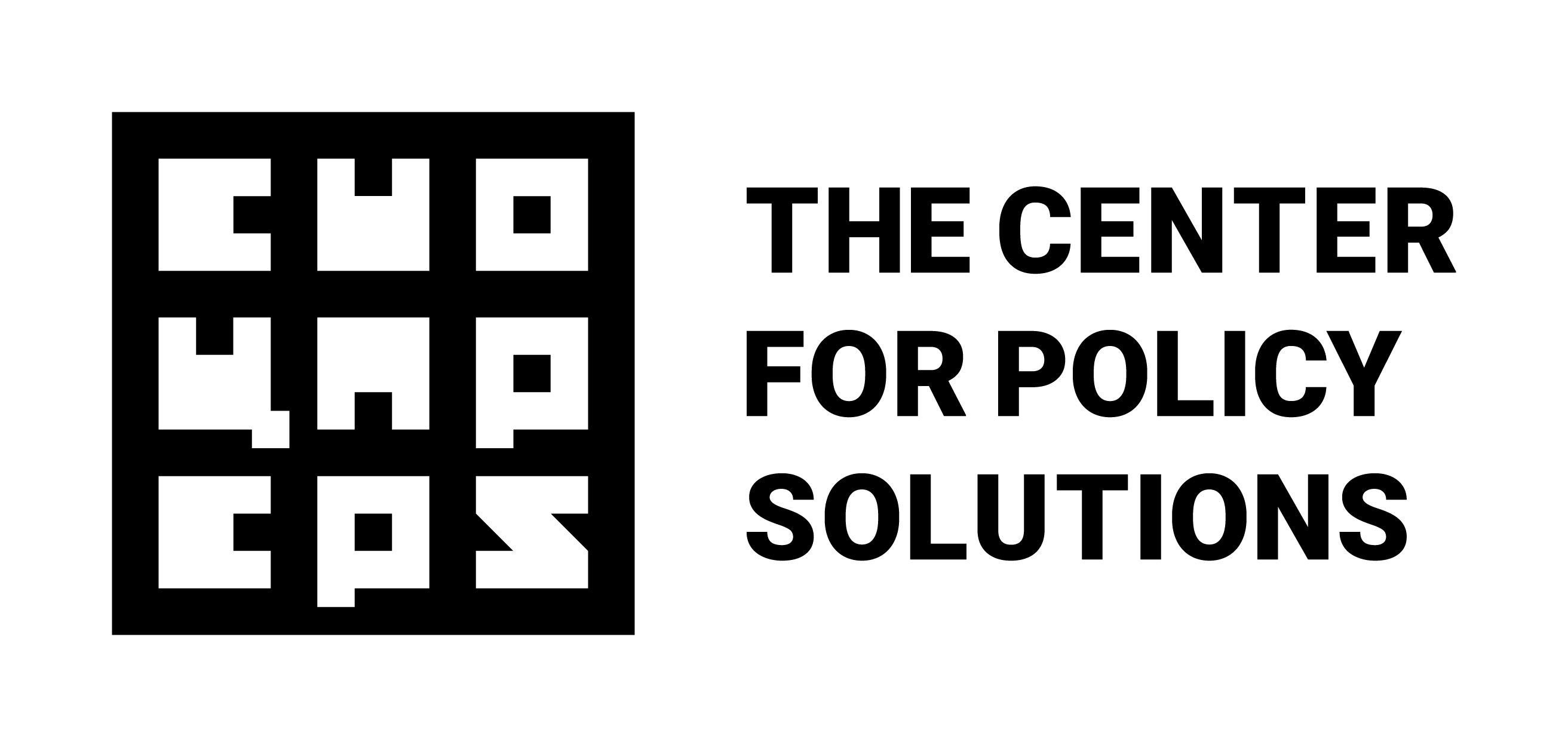I was born on July 22, 1942, during a time of great turmoil and tragedy — a war that claimed the lives of millions. My parents, Zhakash and Abzel, already had two daughters and four sons when I came into the world. Being the youngest in the family, my birth held a special significance. You see, my father was taken to the frontlines when my mother was pregnant with me, and they named me «Ryskeldy,» which means a successful outcome in Kazakh. Unfortunately, my father never returned. He fell in a bloody battle, leaving my mother to raise us on her own.
My mother, a strong and selfless woman, worked as a milkmaid at the state farm to provide for us. From the crack of dawn until dusk, she tirelessly milked 20-30 cows four times a day. Despite the hardships, she always maintained her impeccable cleanliness and never let a single drop stain her milky white kimeshek, the traditional Kazakh head covering.
The war forced us to grow up quickly, and we took on adult responsibilities at a young age. We helped graze the calves at the state farm and participated in various tasks. Winter in Taldy, the village where I was born and raised (now part of the Buleksaz zhailau in the Kegen district of the Almaty region), brought heavy snowfall. Our house was small, with a flat earthen roof, and we had to cut through the snow to make a door on the roof. It was in this humble abode, with a nest of remez, that our entire family grew and matured through hard work.
As a child, I have fond memories of my mother cooking steamed bread with zhusai. The taste still lingers in my mouth, and I will never forget it. I also remember the delicious butter from the local butter factory in Taldy.
Despite our demanding responsibilities, we managed to find moments of joy and playfulness. We would take a stone and wrap it in cow’s hair to create a makeshift ball, and the whole group of children in the village would play with it. And whenever there was a celebration or a holiday, aitys, a traditional Kazakh poetic competition, was a central part of the festivities. The felt of the yurt would transform into a stage, and people would gather to listen to the talented Aityskers. In addition, the young people of our village would engage in aksyuek, a game involving white bones.
I attended a four-year school in Taldy, where I had the pleasure of being taught by a kind and experienced teacher, my late uncle Abdrasil. After that, I continued my education at a boarding school in Kegen. After completing 8 classes, I decided to pursue a career as a driver in Jalanagashe. It was there that I honed my skills and immersed myself in the world of technology.
Following my time in Jalanagashe, I joined the army as a way to repay my debt to the Motherland, as was common for young people during that time. I served in the Navy in Vladivostok as a turbine driver. One particular memorable experience was when our crew embarked on a long journey to the Pacific Ocean to carry out various tasks. We even had the opportunity to cross the equator and land on the coast of Indonesia. The local cuisine was quite different from what we were used to, so we relied on our army rations. Additionally, we encountered American submarines during our time there. It was fascinating to witness the diverse cultures, nationalities, and ethnic groups in that region.
After my demobilization, I found work as a miner in the village of Tuyuk, where we extracted zinc and lead. These minerals were then sent to a lead-zinc plant in Tekeli for processing. Later on, I transitioned to a profession that required dexterity and diligence — I became a crane driver. It was during this time that I met my wife and started a family, and soon enough, our children came into our lives.
Throughout my life, I have always had a passion for carpentry, which began in my childhood. I vividly remember the first time I crafted something useful out of old barn boards with my own hands. As I grew older, I invested in special tools and continued to create items that were necessary for my family and loved ones.
In conclusion, I would like to share a piece of advice with young people — always be truthful and never lie to anyone, anywhere, at any time. Remember, dishonesty can harm not only others but also yourself.
Interviewee: Ryskeldy Zhakashuly
Interviewer: Abylay Amantai Yerlanuly
Editor: Ainur Yermakhanova
Translator: Diana Tsoy-Davis

